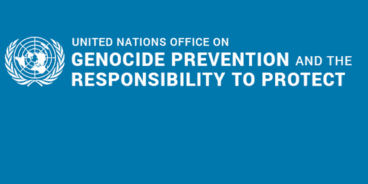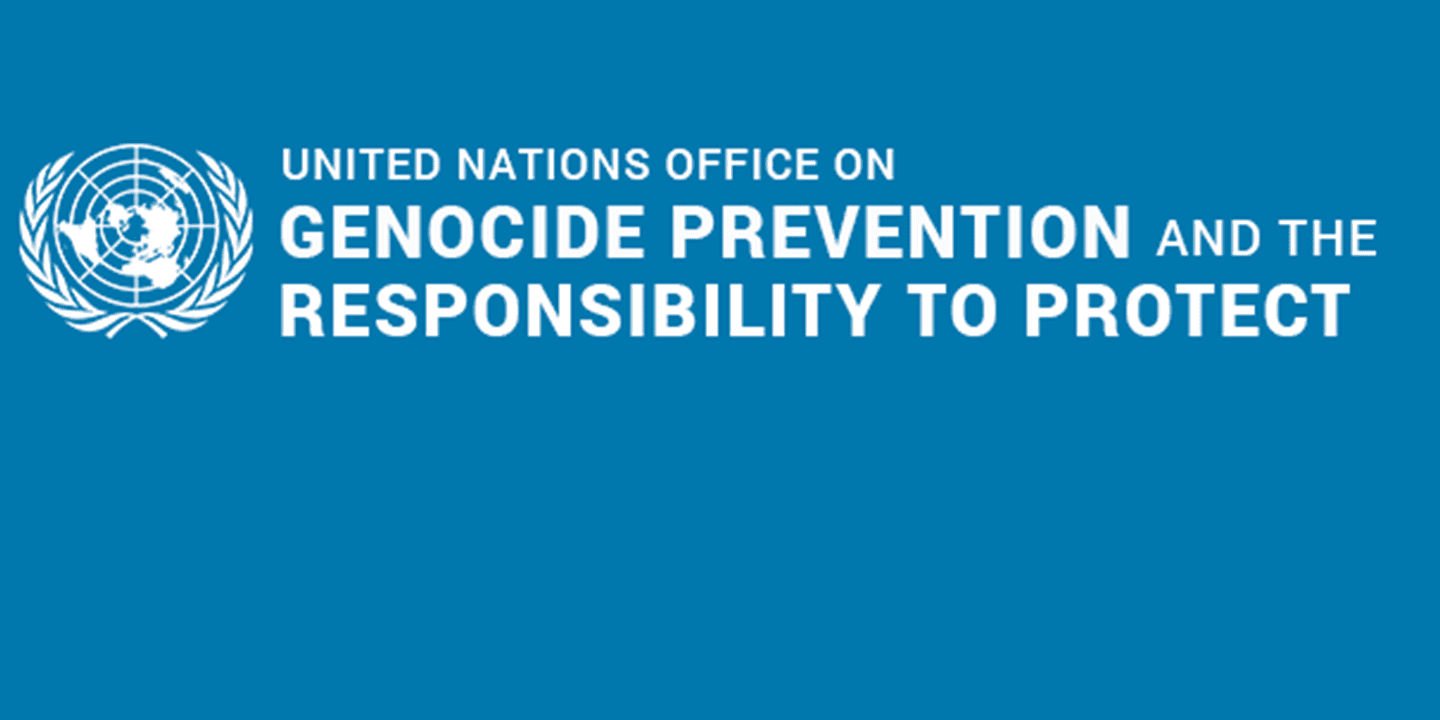

Statement by Alice Wairimu Nderitu, Under-Secretary-General and Special Adviser of the Secretary-General on the Prevention of Genocide, and the Special Adviser on the Responsibility to Protect, George Okoth-Obbo, on the recent visit of the Prosecutor of the International Criminal Court, Karim A. A. Khan to Darfur, Sudan
The Special Adviser on Genocide Prevention, Alice Wairimu Nderitu, and the Special Adviser on the Responsibility to Protect, George Okoth-Obbo, welcome the recent visit to Sudan by the Prosecutor of the International Criminal Court (ICC) Karim Khan, during which he engaged with survivors and communities affected by violence in Darfur.
Twenty years ago, millions of people in this region were displaced and thousands were killed in violence perpetrated by the Government of Sudan and the Janjaweed militia that the International Commission of Inquiry on Darfur defined as serious violations of international human rights and humanitarian law that might amount to crimes against humanity. The victims and survivors of these heinous acts deserve that justice is served and it is our collective responsibility to prevent such crimes from reoccurring, the Special Advisers stressed. Steps are still called for by the international community as a whole to deliver meaningfully on the promises of accountability that were made almost two decades ago.
Recent outbreaks of violence in Darfur are again threatening peace and security, and the enjoyment of universal human rights in this region. This is a clear reminder that if we do not hold to account those responsible for atrocities and harness the preventive power of justice, we are doomed to repeat the same mistakes, they added.
The Special Advisers believe that there can be no real peace without justice for past atrocity crimes – genocide, war crimes and crimes against humanity. It is unquestionable that fighting impunity and bringing perpetrators to account contributes to advance prevention. Impunity, on the other hand, can lead to the occurrence or reoccurrence of atrocity crimes by fuelling human rights violations and undermining wider protection efforts. The Special Advisers firmly believe that if we are to prevent and protect populations from atrocity crimes, these crimes must not go unpunished, and the ICC provides a chance to do so when other options have failed.
The Special Advisers support the efforts that the ICC undertakes to hold perpetrators of atrocity crimes accountable and encourage this court to continue strengthening its engagement with communities affected by atrocity crimes to advance accountability and recurrence. In this context, they welcome the Prosecutor’s recent briefing to the Security Council on the situation in Darfur from the capital Khartoum and reiterate their full commitment to include communities in policy development and program implementation for the prevention of atrocity crimes.
The Special Advisers also welcome the opening of the trial of Ali Muhammad Ali Abd-Al-Rahman (also known as “Ali Kushayb”) in The Hague in April of this year. The trial, being the first case before the ICC on the situation in Darfur, represents a milestone, as it is not only the first case before the ICC in relation to the situation in Darfur but also the first case being taken forward by this court based on a referral from the Security Council. This is moment of hope and one that provides a powerful reminder of the urgent need to build on the momentum we have begun to develop towards justice and accountability for the crimes committed in Darfur, the Special Advisers stressed.
The Special Advisers call for the Government of Sudan to continue strengthening its cooperation with the ICC to support action in relation to other individuals subject to arrest warrants issued by the Court. Echoing the call of Prosecutor Khan to ensure accountability for crimes committed in Darfur 20 years ago, the Special Advisers emphasize that this is a powerful tool we have to respect the survivors and strengthen the basis for action in preventing further atrocities today.
Related Content

